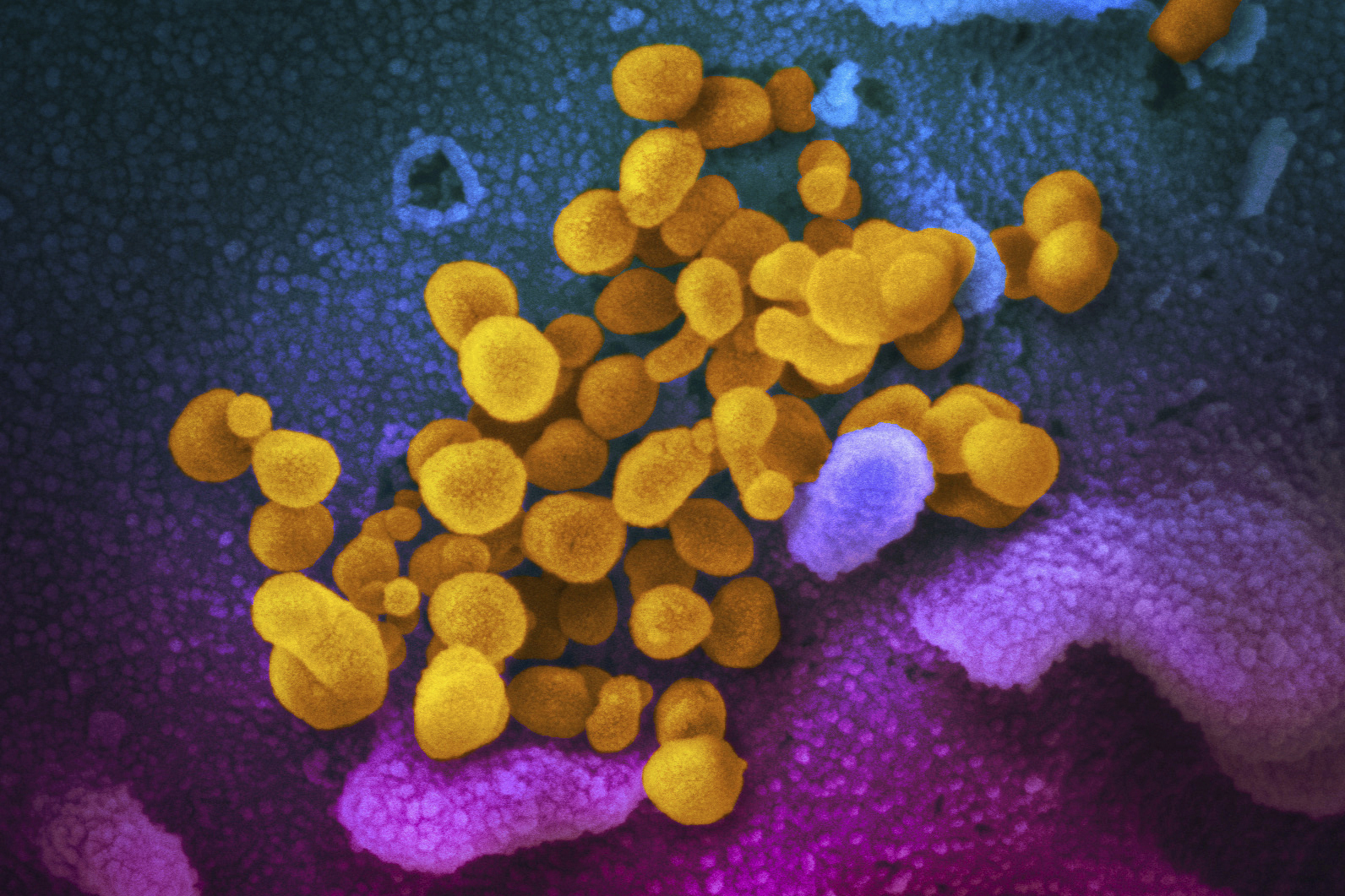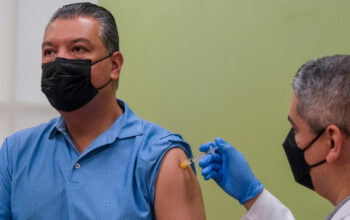Chinese scientists have been experimenting with a mutant strain of coronavirus that is 100 percent lethal in mice. This research is causing concerns as it could potentially spark another pandemic.
Scientists, who are linked to the Chinese military, have cloned a Covid-like virus found in pangolins named GX_P2V. The virus was then used to infect mice that were “humanized,” meaning they were engineered to express a protein found in humans, to assess how the strain might react in humans.
Surprisingly, every rodent that contracted the pathogen died within eight days. This quick mortality rate raises concerns about the virus’ potential lethality if it jumped from animals to humans. The team also discovered high levels of the virus in the mice’s brains and eyes, indicating that the pathogen, although related to Covid, multiplies and spreads through the body uniquely. This finding prompts concerns about the virus’s potential to cause severe damage to vital organs if it were to infect humans.
These initial findings underscore the spillover risk of GX_P2V into humans. Given the lethality of this virus in mice, scientists must exercise caution in handling this virus and remain vigilant in monitoring any human exposure. In conclusion, despite these discoveries offering valuable insights into the potential lethality of GX_P2V for humans, the importance of mitigating the risks of pathogens of this nature cannot be overstated.
Professor Francois Balloux, an infectious disease expert based at University College London, wrote on Twitter (X): “It’s a terrible study, scientifically totally pointless. ‘I can see nothing of vague interest that could be learned from force-infecting a weird breed of humanized mice with a random virus. Conversely, I could see how such stuff might go wrong….”

















